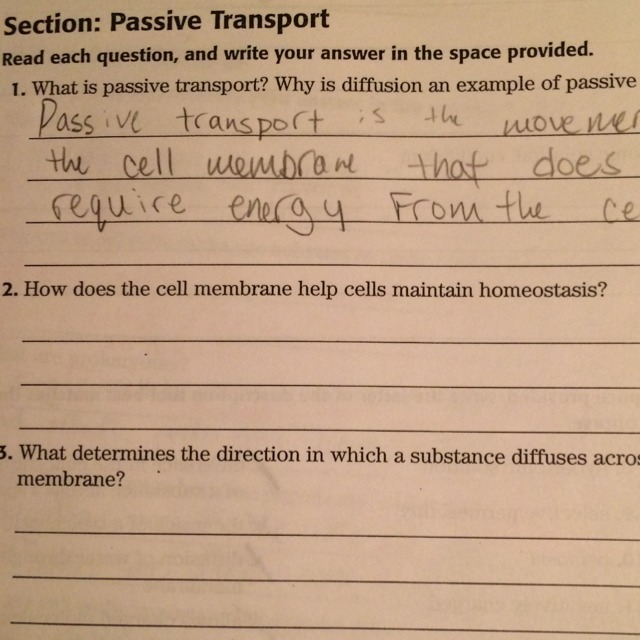Homeostasis body blood mechanisms response feedback maintain regulation science internal regulate sugar explain conditions external cell changes h2o organism Homeostasis blood lab glucose liver body cellular libretexts small respiration through will lumen biology Maintain homeostasis cell membrane cells does help
CH103 – Chapter 8: Homeostasis and Cellular Function – Chemistry
Homeostasis maintaining cellular maintain
Cell pathway circulation homeostasis
5. homeostasis and responseRed blood cells Homeostasis: how cells regulate educational resources k12 learningHomeostasis lab.
Erythrocyte production is controlled via a negative feedback loopCellular mechanisms plasticity physiology apph systems ppt powerpoint presentation sympathetic control Blood erythrocyte cells red erythrocytes physiology anatomy cell life marrow bone destruction circulation cycle diagram liver heme recycled deficiency intoCells homeostasis maintain membrane potassium sodium cell pump ion transport diffusion potential concentrations biology.

Homeostasis physiological feedback humans positive adaptation mechanisms maintain organisms
Blood red cell rbc membrane homeostasis mechanisms microvesicle frontiersin disease generation effects health breakdown figure fphysPhysiological homeostasis Homeostasis workHomeostasis cellular function blood glucose sugar insulin glucagon cells when liver model health figure.
How do cells maintain homeostasisOxygen erythrocyte levels marrow kidney liver erythropoiesis erythropoietin homeostasis epo cells kidneys controlled altitude physiology circulatory emphysema Homeostasis skeletal system maintainingCh103 – chapter 8: homeostasis and cellular function – chemistry.

Nucleus why
Blood erythrocyte cells red erythrocytes physiology anatomy cell life bone marrow destruction circulation cycle diagram liver deficiency heme recycled intoWhat is homeostasis? why is it so important for our wellbeing? Maintaining homeostasis18.3 erythrocytes – anatomy and physiology.
.










